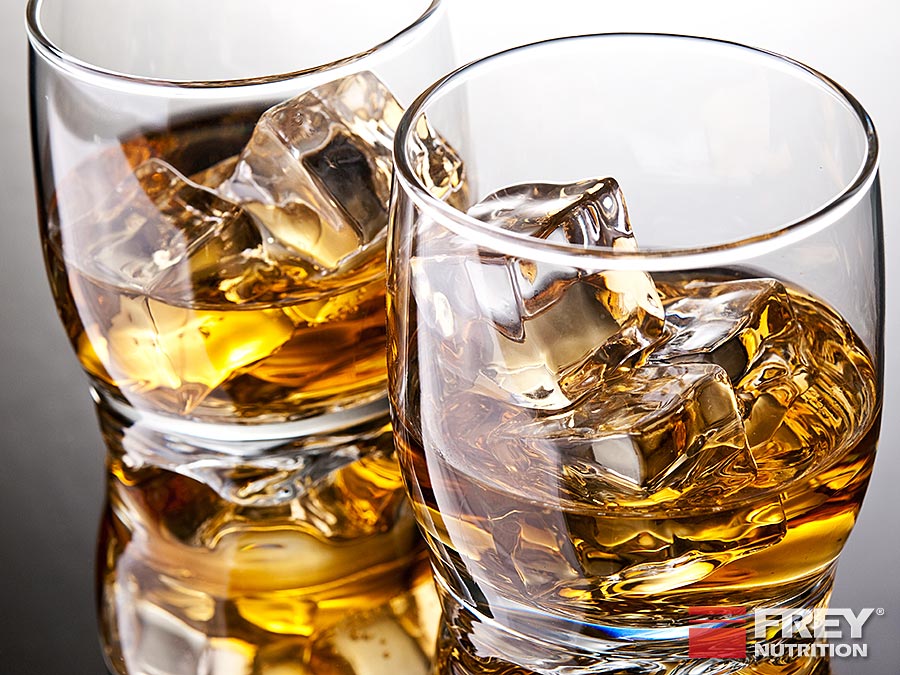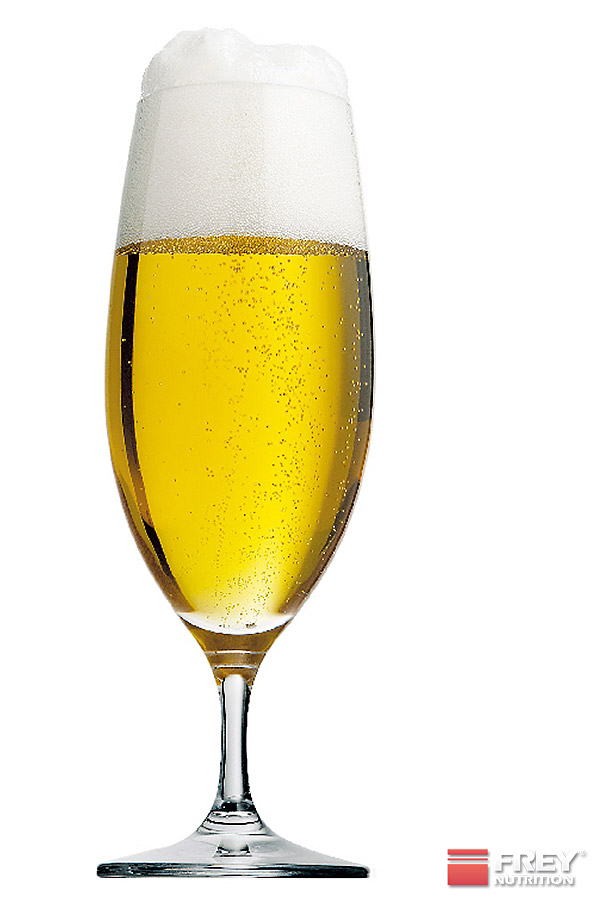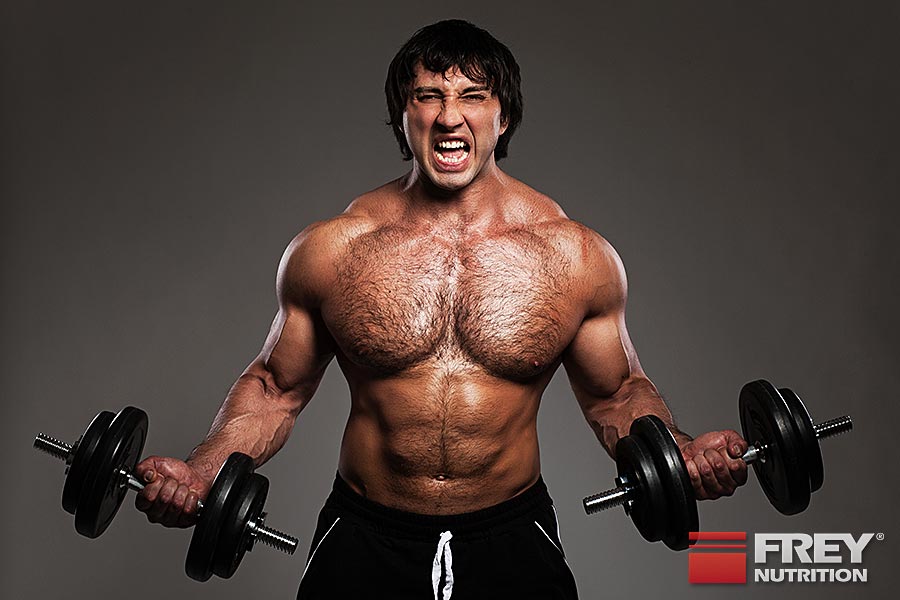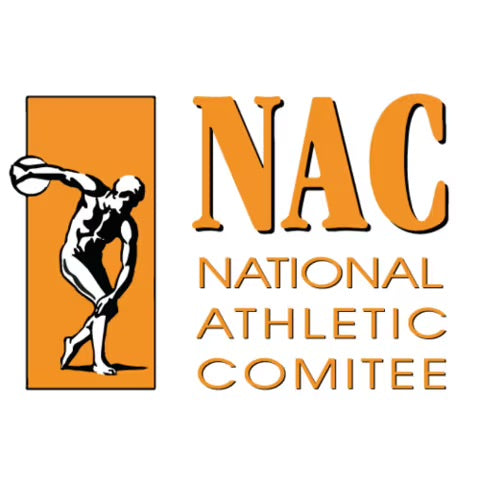ALCOHOL | ALCOHOL AND SPORT

MODERATE, NOT MASS VOL
REGENERATION SUFFERS FROM ALCOHOL!
Alcohol prevents the body from absorbing proteins and vitamins. The former are particularly crucial when it comes to positive training effects. Without protein, muscle building is practically impossible. Regeneration is also inhibited. During intensive training sessions, especially those with heavy weights, tiny muscle tears, so-called microtraumas, occur. In order to heal these muscle tears, the body needs proteins, which act as the building blocks of the muscles. If these do not reach the muscle or only reach it insufficiently, regeneration suffers, which often causes severe muscle soreness and impairs the building of muscle mass.Since alcohol is also poisonous for the body, a lot of energy is used to break it down. This missing energy is then missing from the body's performance during exercise and also for regeneration and muscle building afterwards.
Another disadvantage is the dehydrating effect of alcohol, which removes fluids from our bodies. Since the body already loses a lot of water through sweating during exercise, this additional loss has a significant negative impact on performance.
EMPTY CALORIES = ALCOHOL MAKES YOU FAT!
100 ml of pilsner has a calorific value of just under 43 kcal. That doesn't sound like much at first glance, but who drinks just 100 ml of beer? You'll soon open the third bottle and drink your calorie intake under the table. The problem here is that alcohol contains so-called empty calories.On the one hand, these do not supply the body with important nutrients. On the other hand, calories in the form of drinks are not filling. While a low satiety effect - at least in the case of non-alcoholic foods - makes sense for hardgainers, for most athletes it leads to fat gain in the long term. The truism "seven beers are a meal" is therefore completely true in terms of calorific value, but it is just as far removed from the feeling of satiety as Schalke is from the championship.
So the body takes in calories, but is still hungry - an extremely dangerous combination. The fridge opens, and the rest is well known. It's nothing good!
ALCOHOL REDUCES TESTOSTERONE LEVELS!
Everyone knows the hormone that turns spotty teenagers into real men and is known to be the ultimate muscle building hormone: Testosterone . So it should come as no surprise that a reduction in this super hormone not only brings with it considerable disadvantages, but is also simply poison for muscle building.While the testosterone-inhibiting effect of alcohol is negligible with 1-2 glasses of beer or wine, excessive alcohol consumption can quickly reach levels that should give every bodybuilder who wants to build muscle something to think about. If you are used to waking up on Sundays with a severe hangover, you will not only not build muscle mass, but you also run the risk of losing the muscle mass you already have, as low testosterone levels lead to catabolic, i.e. muscle-degrading, scenarios in the long term.









